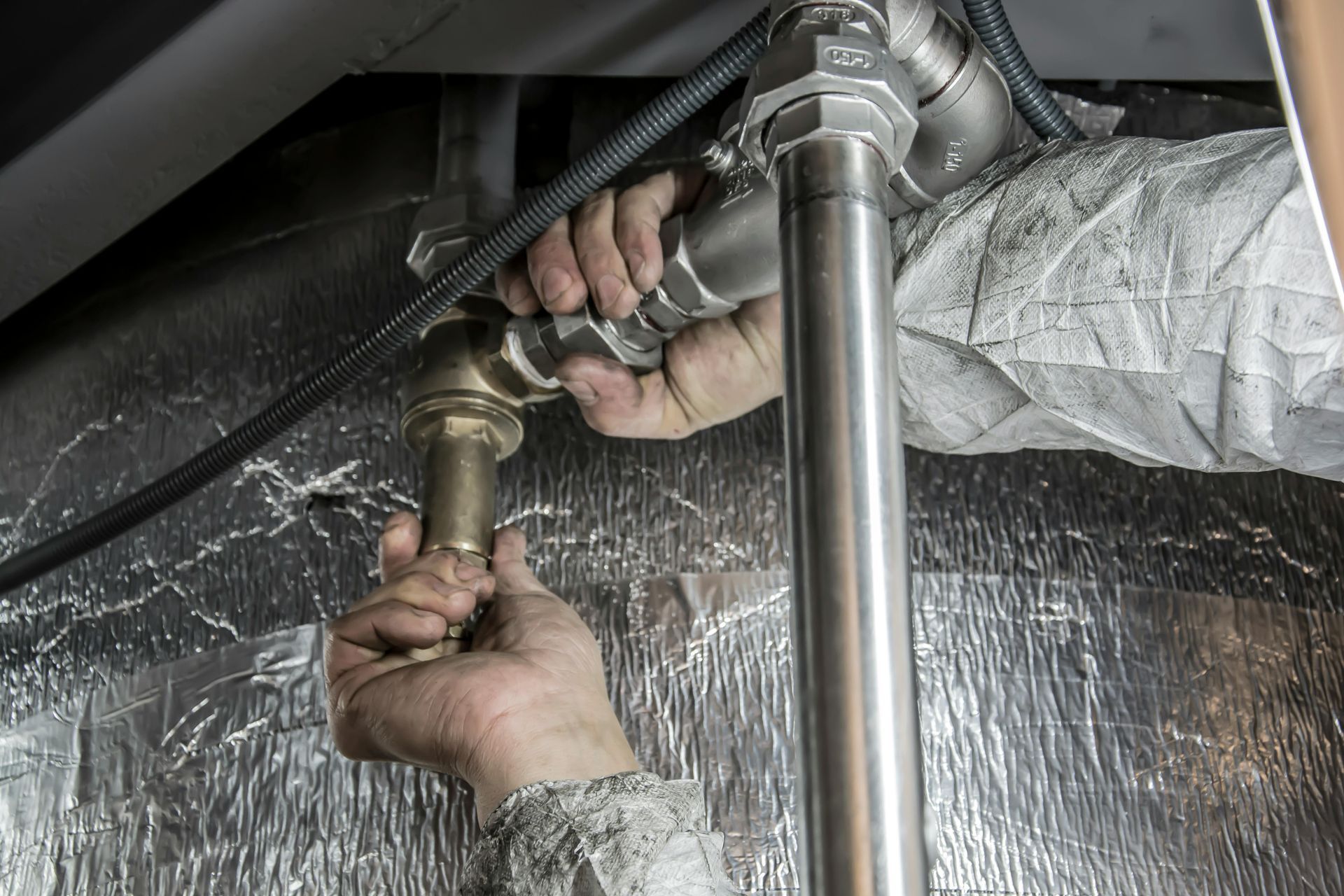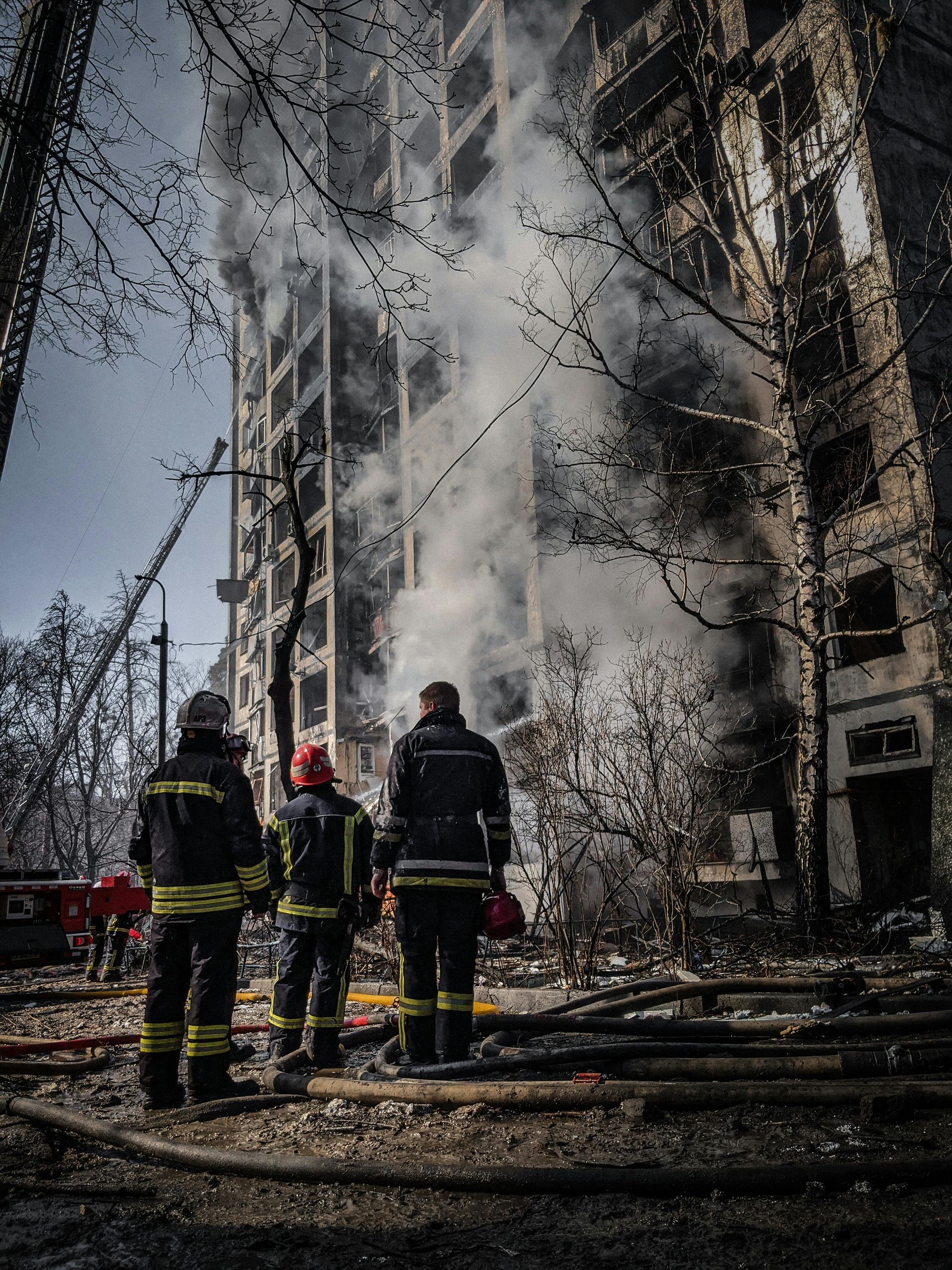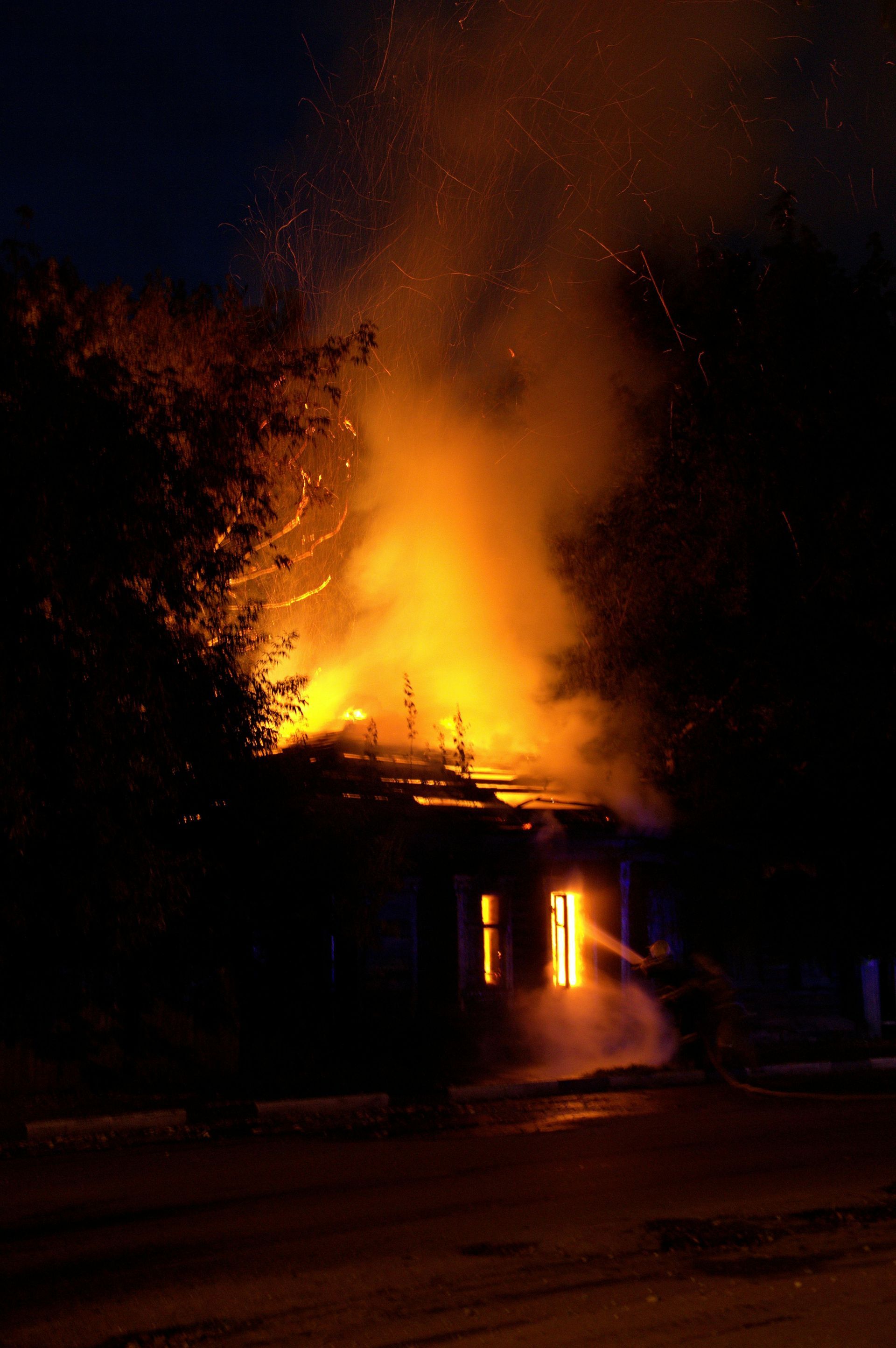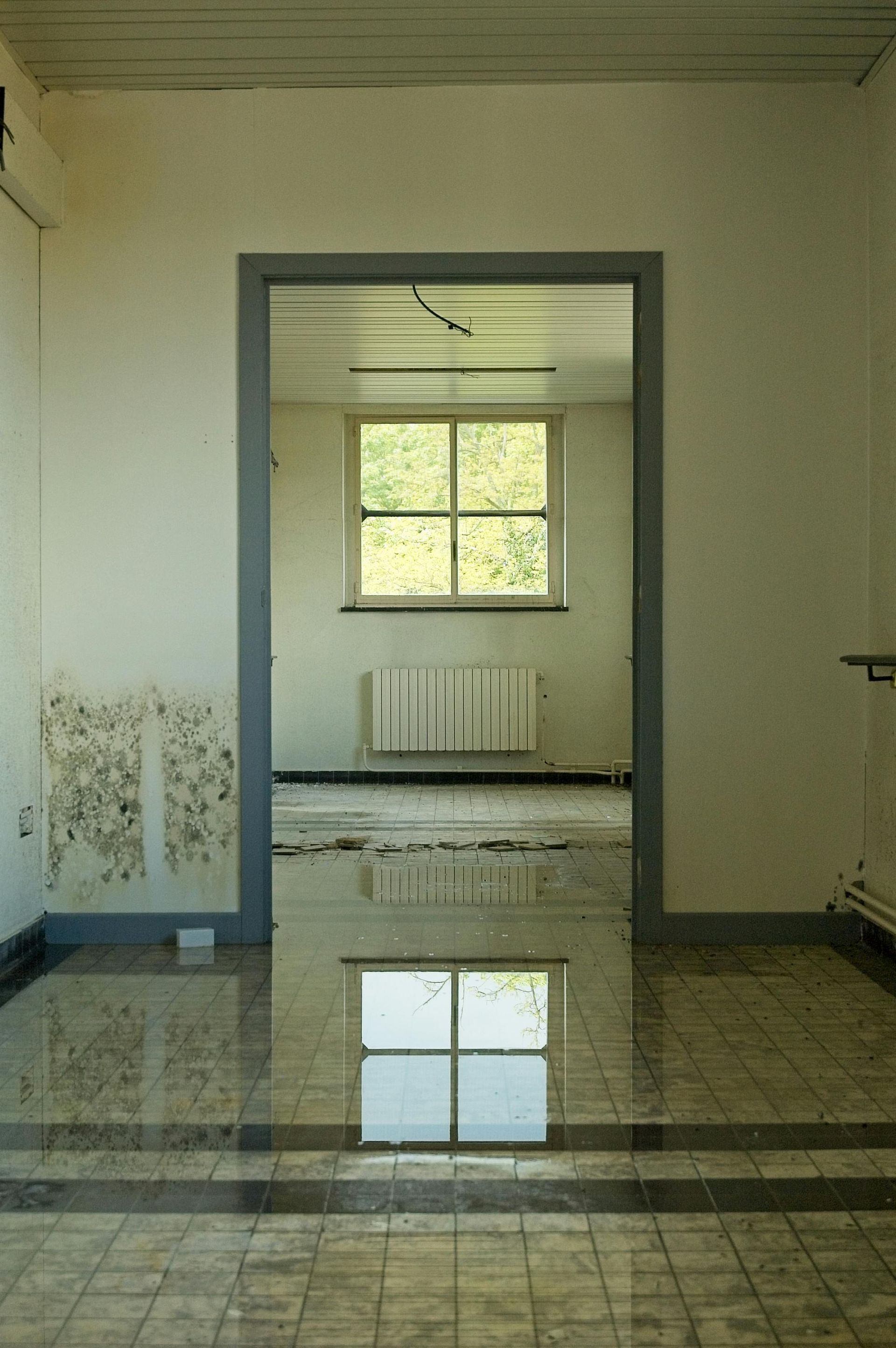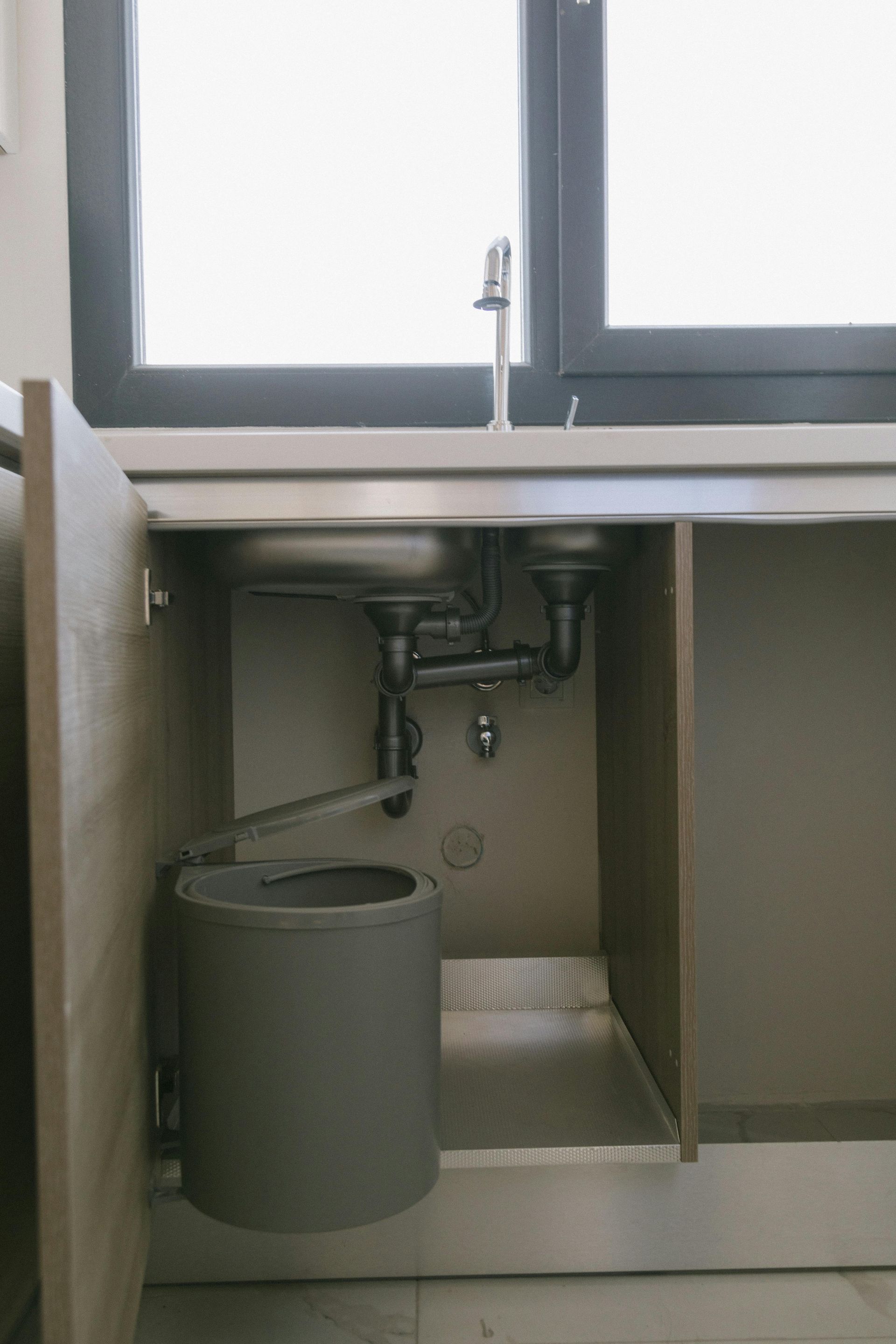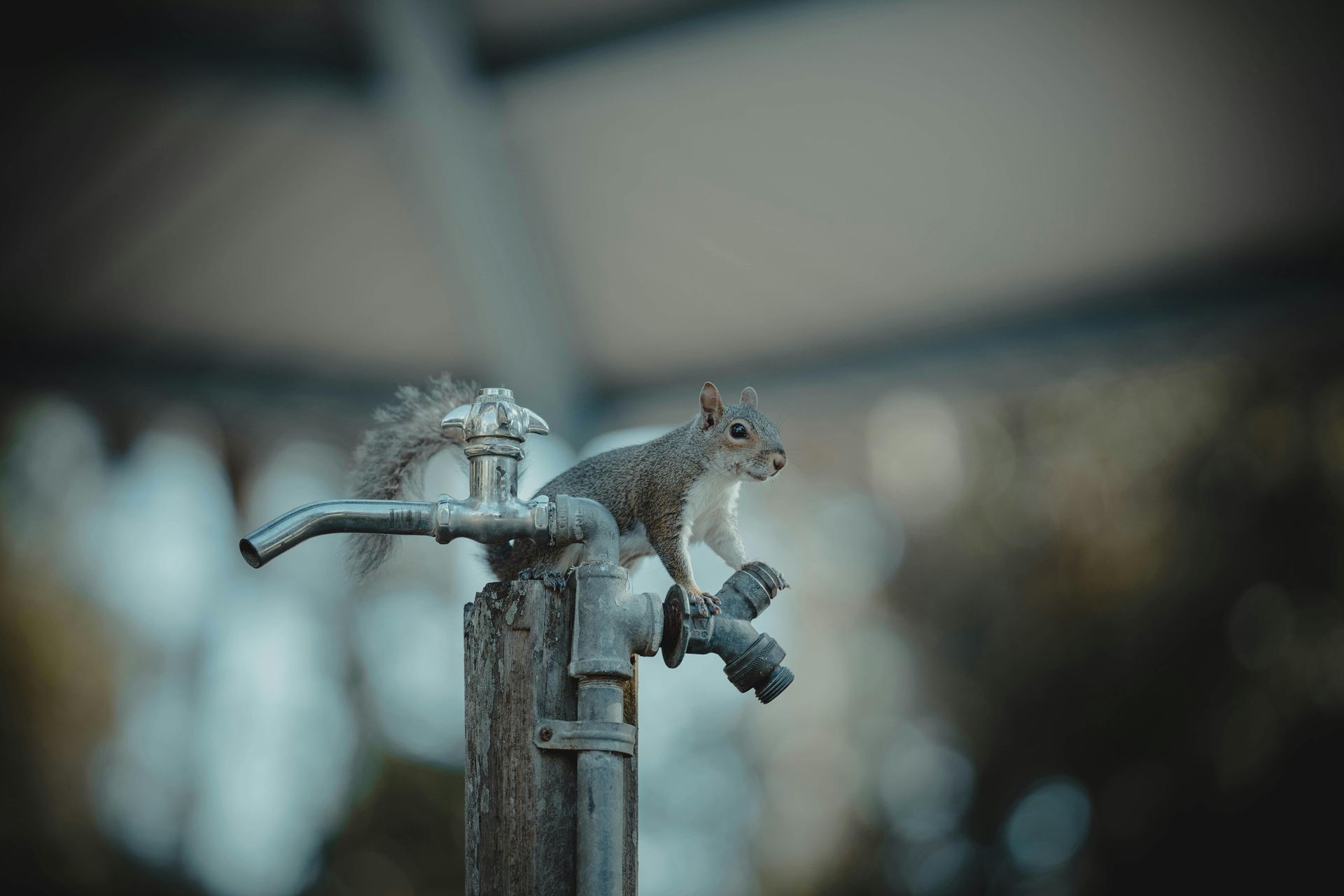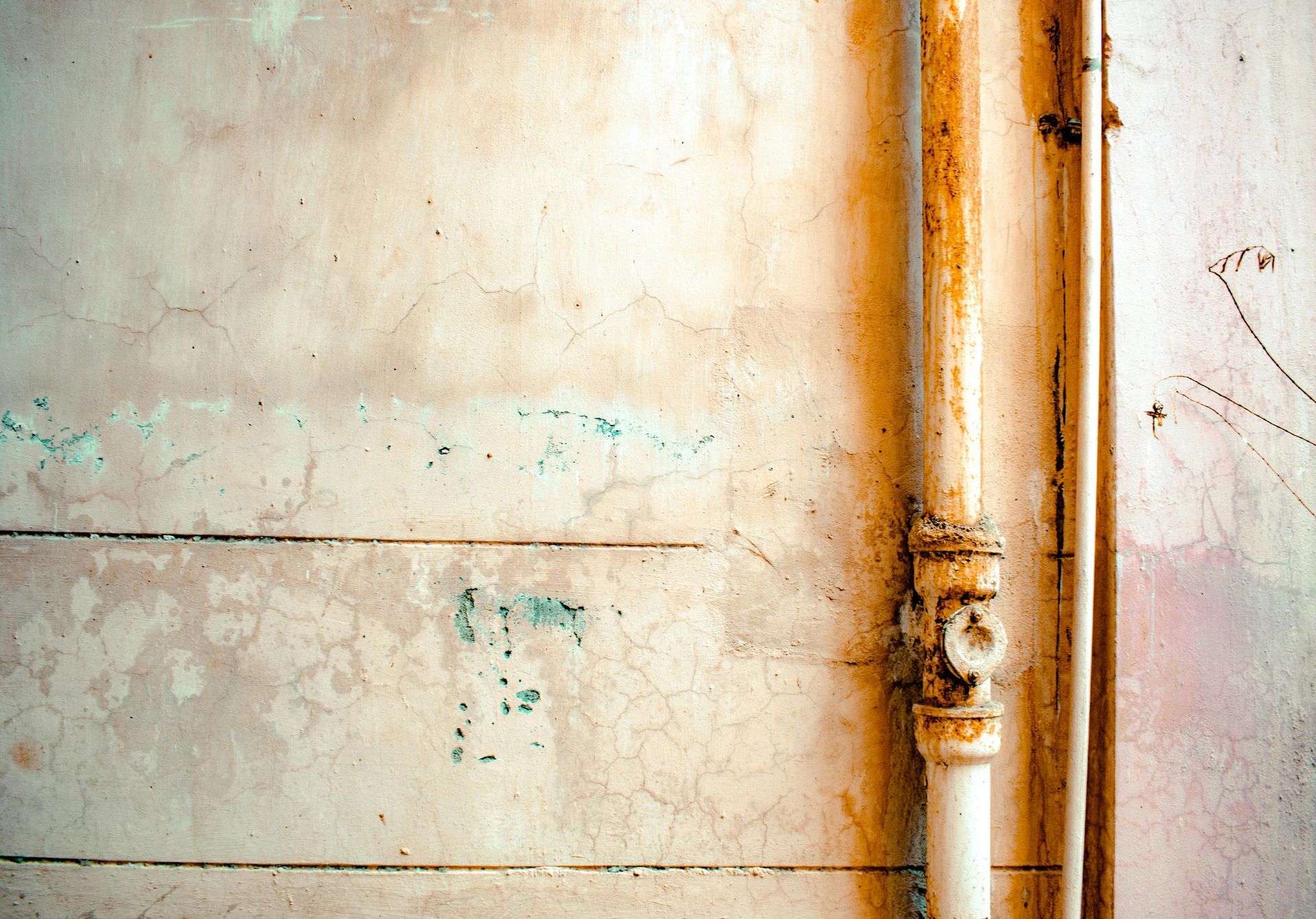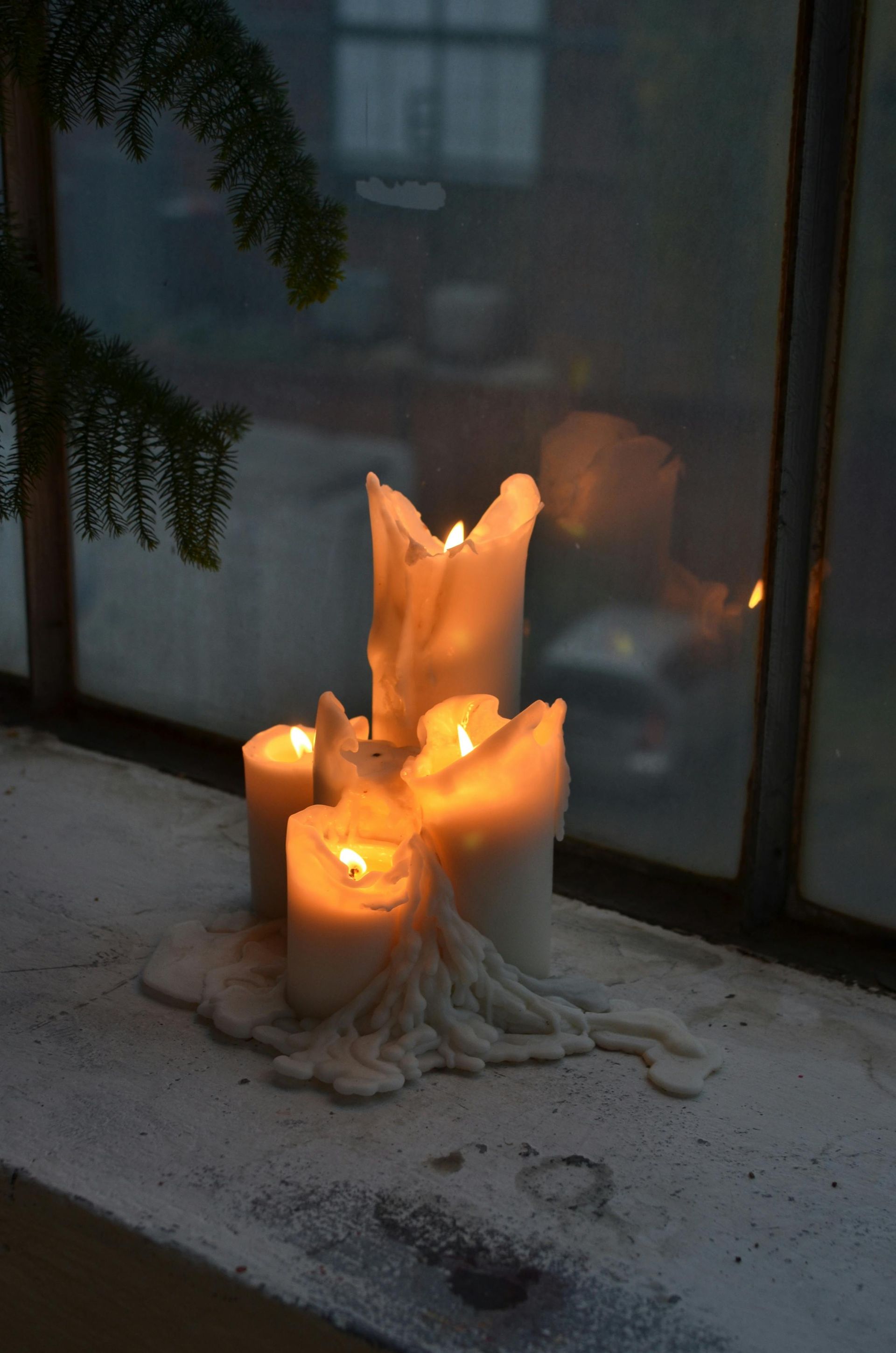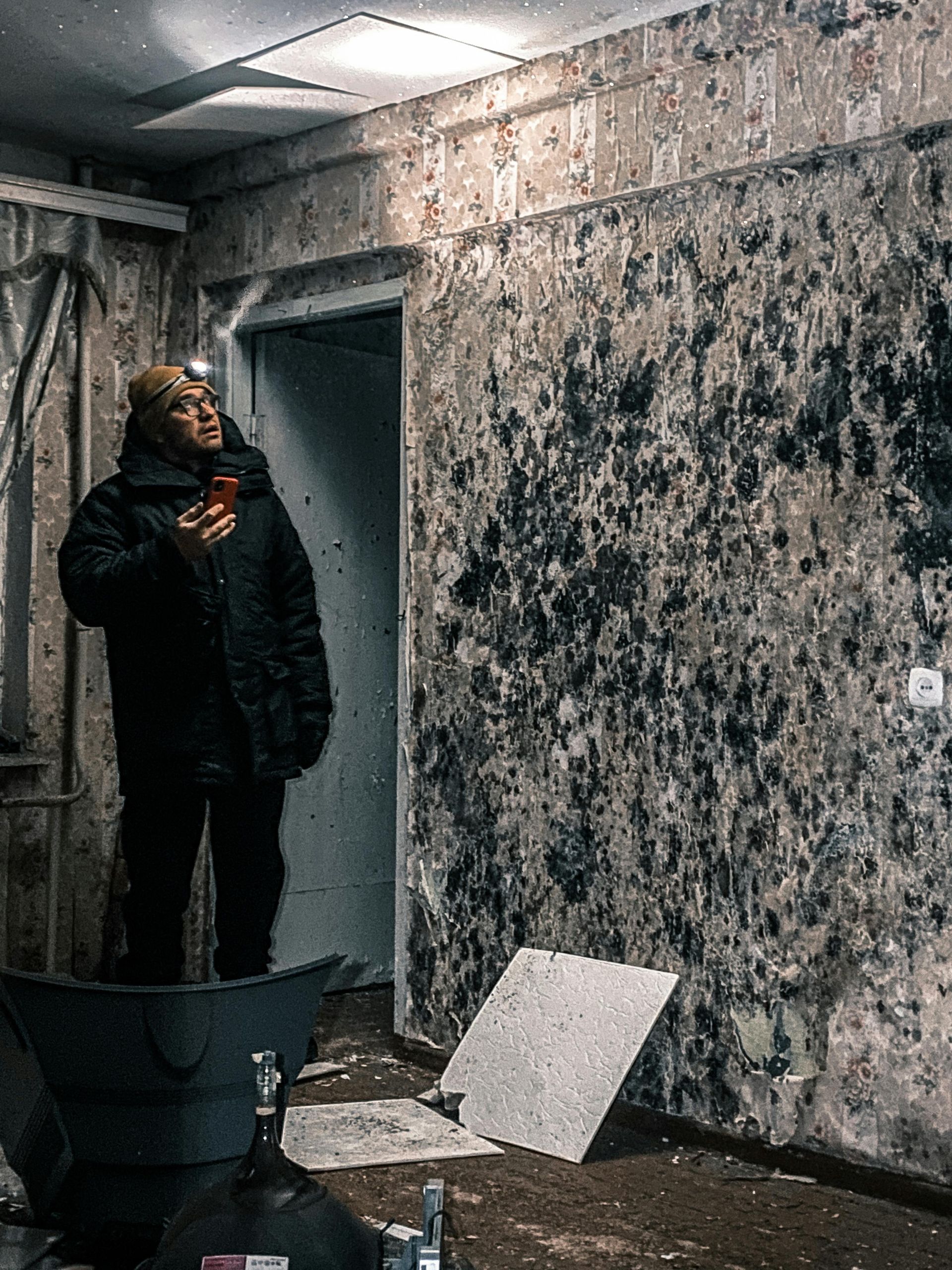asoria@soriainc.com
SERVING THE CENTRAL COAST OF CALIFORNIA
(831) 800-3150
How to Prevent Fire Damage in Your Home
How to Prevent Fire Damage in Your Home
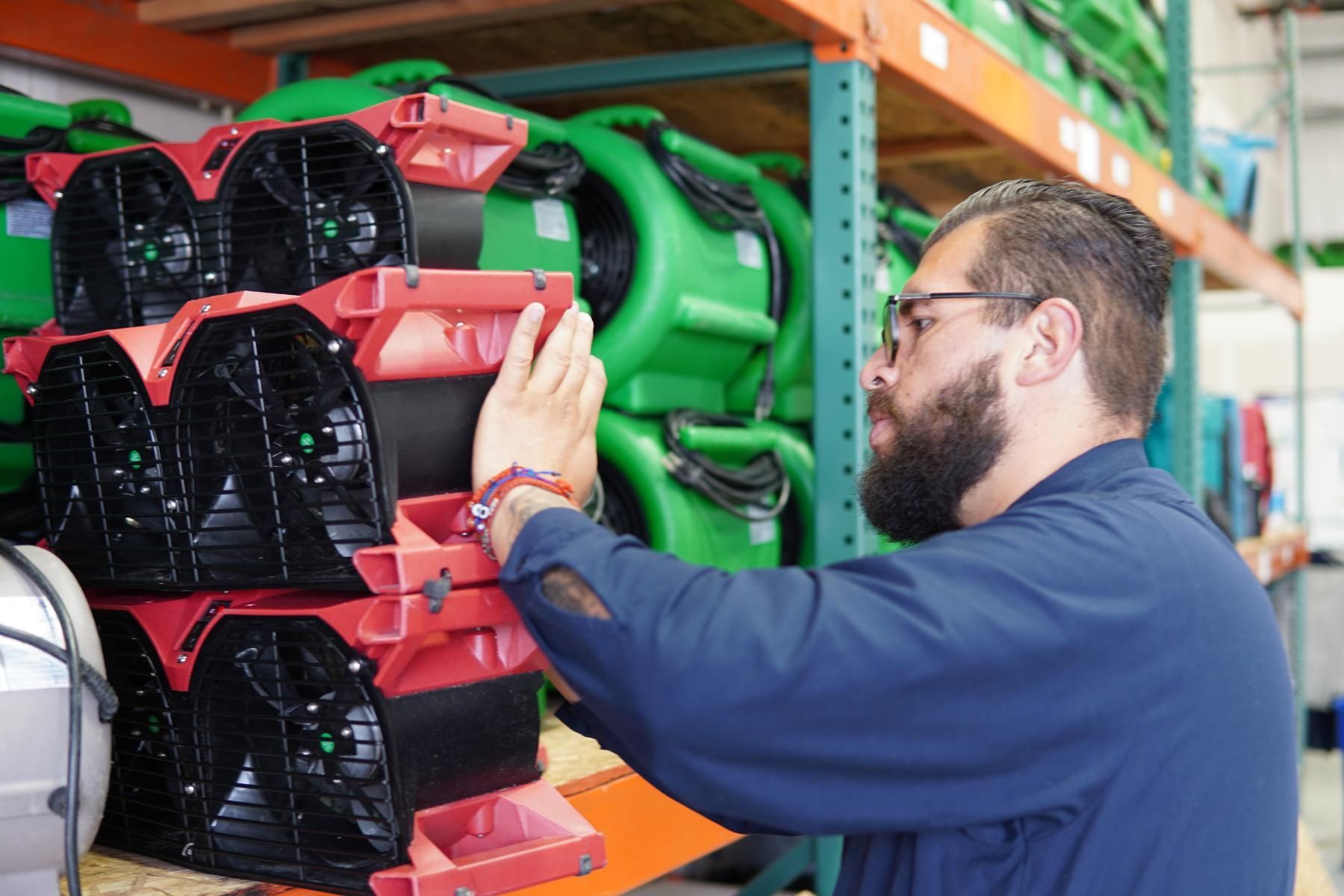
Stop Fires Before They Start: A Guide on How to Prevent Fire Damage
Preventing fire damage in the home is essential for safeguarding lives and protecting property. House fires can lead to devastating loss, causing injury, death, and destruction of valuable possessions. Smoke and water damage further compound the aftermath of a blaze, disrupting lives and necessitating costly repairs. This guide provides comprehensive strategies to prevent fires, focusing on routine safety checks, installation of fire alarms, and proper use of appliances. By adopting these proactive measures, homeowners can significantly reduce the risk of fire-related incidents, ensuring a safer living environment for themselves and their loved ones.
Understanding Fire and Its Causes
Fire is a chemical reaction involving the rapid oxidation of fuel, producing heat, light, smoke, and various reaction products. This process, known as combustion, requires three essential elements: heat, fuel, and oxygen, commonly referred to as the fire triangle. Once ignited, fire can spread quickly through the transfer of heat, igniting nearby combustibles via convection, conduction, or radiation. According to the National Fire Protection Association (NFPA), U.S. fire departments responded to an estimated average of 353,100 home structure fires per year from 2014 to 2018, resulting in an annual average of 2,620 civilian deaths and 11,030 civilian injuries.
Common Causes of House Fires:
- Cooking Accidents: Unattended stoves or ovens can lead to dangerous cooking fires, as overheated oil or grease can spontaneously ignite. Once a grease fire begins, it can quickly spread to surrounding cabinets and appliances fueled by nearby combustibles.
- Electrical Issues: Fires can start when faulty wiring overheats and sparks ignite nearby materials. Overloaded circuits may cause excessive heat build-up, leading to electrical fires that spread rapidly through walls.
- Cigarettes and Smoking Materials: Discarded cigarettes can smolder unnoticed in furniture or bedding, potentially igniting flammable materials after several hours. Smoking in bed is particularly hazardous, with embers easily catching sheets or blankets on fire as sleepers remain unaware.
- Children Playing with Fire: Matches and lighters in the hands of children can lead to accidental fires when these tools are used to ignite curtains, bedding, or other materials, with the fire spreading quickly beyond control.
- Flammable Liquids and Gases: Mishandling gasoline or propane can result in vapor accumulation, which is highly susceptible to ignition from even a small spark, leading to explosive fires in confined spaces.
- Arson or Intentional Fires: Deliberately set fires can quickly engulf structures, as accelerants are often used to ensure rapid spread and maximum damage to the property.
- Natural Disasters: Lightning strikes during thunderstorms can ignite rooftops or trees, while wildfires initiated by weather conditions can move rapidly toward residential areas, consuming homes in their path.
Fire Prevention Tips
Implementing effective fire prevention strategies is crucial for maintaining home safety. Here are practical steps homeowners can take to minimize fire risks:
Ensure Smoke Alarms Are Installed and Working
Smoke alarms are vital for early fire detection, providing essential time to evacuate and call emergency services. According to the National Fire Protection Association, properly functioning smoke alarms halve the risk of dying in a home fire. It is recommended that smoke alarms be checked monthly to ensure batteries and sensors are operational. Batteries should be replaced at least once a year, and the entire unit should be replaced every ten years to maintain optimal functionality. For installation, smoke alarms should be placed on every level of the home, inside bedrooms, and outside sleeping areas. To maintain them, gently vacuum the alarms annually to remove dust and press the test button monthly to confirm they are working. Installing interconnected smoke alarms enhances safety, sounding off in unison upon detecting smoke, ensuring whole-house awareness. Proper adherence to these guidelines significantly mitigates fire risks, ensuring a safer home environment.
Create and Practice an Escape Plan
Having a well-defined escape plan is essential for ensuring quick and safe evacuation during a fire emergency. An effective escape plan should identify two exits from every room and establish unobstructed paths leading outside. Family members must be familiar with these exits, whether through windows or doors, and the plan should account for different fire locations, ensuring flexibility in escape routes. Regular drills are crucial, as they reinforce the plan and help everyone remain calm under pressure. Additionally, a safe meeting place should be designated outside to quickly account for all family members post-evacuation. This location should be a safe distance from the home, such as a neighbor's driveway or a specific landmark. By enforcing these measures, households can significantly enhance their preparedness and reduce confusion during an emergency, ensuring that all occupants are safely evacuated and accounted for.
Regularly Maintain Appliances and Electrical Wiring
Proper maintenance of appliances and electrical wiring is essential to prevent fire hazards and ensure home safety. Regularly inspecting cords for damage, such as fraying or cracks, can prevent faulty currents that lead to fires. Appliances should never be overloaded; ensure they are plugged into outlets that can handle their power requirements. Avoid using extension cords as a permanent solution, as they can overheat. Schedule periodic checks of electrical wiring for wear and degradation, especially in older homes. Regular inspections by a qualified electrician are advisable, particularly if you notice frequent circuit breaker trips or flickering lights. Professional services are crucial when modifying wiring, installing new fixtures, or when there is evidence of electrical problems, such as a burning smell or buzzing sounds. By maintaining vigilance and utilizing professional help, homeowners can mitigate fire risks and prolong the life of their appliances and electrical systems.
Properly Dispose of Cigarettes and Other Smoking Materials
Improper disposal of smoking materials is a significant fire hazard, accounting for a substantial number of house fires and fatalities annually. Smoldering cigarettes can easily ignite upholstered furniture, carpeting, or bedding if not properly extinguished, often unnoticed until a fire is fully developed. To safely dispose of smoking materials, always use a sturdy, non-combustible ashtray with a wide base to prevent tipping. It's crucial to ensure that smoking materials are completely out—immersing them in water or sand is effective. Avoid discarding debris in trash cans until fully extinguished, and never toss cigarette butts onto dry leaves or vegetation outdoors. Smoking-related fires can start in minutes but escalate beyond control rapidly, making preventive measures critical. By adopting these safe disposal practices, smokers can significantly reduce the risk of accidental fires, safeguarding both their homes and surrounding areas against potential devastation.
Don't Leave the Food Unattended When Cooking
Leaving food unattended while cooking is a primary cause of kitchen fires, which can quickly spread to consume an entire home. Neglecting the stove or oven, even briefly, increases the risk of oil or food igniting. To ensure safety, always remain in the kitchen while cooking, particularly when using high heat. Utilize timers as reminders and avoid distractions such as phones or televisions. Keep flammable materials, like kitchen towels, wooden utensils, and packaging, safely distanced from heat sources. Additionally, maintain a clutter-free cooking area to prevent hazards. It's advisable to have a multi-purpose fire extinguisher handy and be familiar with its operation. In case of fire, do not attempt to move burning pots or pans; instead, smother flames with a lid or use an extinguisher if feasible. By adhering to these precautions, kitchen-related fire risks can be minimized, safeguarding both the property and its occupants.
Use Caution When Using Candles or Space Heaters
Candles and space heaters, though useful for warmth and ambiance, pose significant fire hazards if not used with caution. Candles should be placed on stable, heat-resistant surfaces and kept away from flammable materials such as curtains, papers, and upholstery. It is crucial never to leave burning candles unattended; extinguish them completely before leaving a room or going to sleep. For space heaters, ensure they are positioned at least three feet from any combustible materials. Use heaters with automatic shut-off features if tipped over, and never use extension cords, as they may overheat. Regularly inspect heaters for frayed cords or damage and plug them directly into a wall outlet. Always turn off and unplug space heaters when not in use. By adhering to these safety tips, individuals can enjoy the benefits of candles and space heaters while reducing the risk of accidental fires in their homes.
Safely Store Flammable Materials
Safely storing flammable materials is crucial to preventing fires and ensuring home safety. These substances—such as gasoline, paint thinners, and cleaning chemicals—can easily ignite if exposed to heat or sparks. To mitigate this risk, store flammable materials in a cool, dry place, away from direct sunlight and heat sources like stoves, heaters, or furnaces. Utilize original containers with appropriate labels, ensuring they are tightly sealed to prevent vapor leaks. Additionally, these materials should be stored away from living areas, in well-ventilated storage spaces or garages, to minimize exposure and accumulation of toxic fumes. Never mix chemicals or transfer them to unmarked containers, as this can lead to dangerous reactions or confusion. Keep flammable materials out of children's reach and maintain a fire extinguisher nearby as a precaution. Adhering to these storage guidelines helps reduce fire hazards and protects both the household and its occupants.
Fire Safety Equipment
Ensuring your home is equipped with appropriate fire safety devices can significantly mitigate the risk of fire damage and increase safety.
- Smoke Alarms: These essential devices detect smoke and sound an alarm to alert occupants of potential fire, providing early warning to vacate safely. Test regularly and replace batteries annually.
- Fire Extinguishers: Crucial for combating small fires, these devices can prevent a minor incident from escalating. Keep them accessible, understand their operation, and ensure they are maintained according to the manufacturer's guidelines.
- Fire Blankets: Specifically useful for smothering small fires or wrapping around individuals to shield them from flames. Store in easily accessible locations, especially near cooking areas.
- Sprinkler Systems: Provide automatic fire suppression, often containing fires before they spread. While installation is more involved, they are highly effective in reducing fire damage.
- Fire Screen: Utilize in conjunction with fireplaces to prevent embers from escaping, reducing the risk of nearby objects catching fire.
Dealing With Fire Damage? Call Soria Contracting & Solutions!
Fire safety is paramount in safeguarding your home and loved ones. By adopting safe practices for disposing of smoking materials, maintaining vigilance in the kitchen, using candles and space heaters cautiously, and correctly storing flammable materials, you significantly reduce fire risks. Additionally, equipping your home with smoke alarms, fire extinguishers, and sprinkler systems enhances your preparedness. As fire damage experts, Soria Contracting & Solutions is here to assist with restoration and repair. Contact us today to ensure your home is secure and safeguarded against future hazards. Protect your investment—call now for an assessment!
Soria Contracting and Solutions is a leading full-service restoration company in Monterey, Santa Cruz, San Benito, and Santa Clara Counties. Our IICRC-certified team offers 24/7 emergency services for water, fire, mold damage, and biohazard cleanup. With a commitment to excellence and a deep understanding of the complexities of restoration work, we are dedicated to restoring your property to its original condition. Our operations span advanced techniques and state-of-the-art equipment, ensuring efficient and effective solutions. Working closely with insurance companies, we strive to ease the burden on our clients, offering peace of mind during stressful times. Trust Soria Contracting and Solutions for reliability, professionalism, and unparalleled service in restoration.
Lic. #1096921
IICRC Certified:
OUR SERVICES
CONTACT INFORMATION
Soria Contracting and Solutions
1099 Madison Ln, Salinas, CA 93907, United States of America
Salinas: (831) 432-7893
Main: (831) 800-3150
Soria Contracting and Solutions Monterey - Restoration & Remediation Services
801 Lighthouse Ave suite 206, Monterey, CA 93940
All Rights Reserved | Soria Contracting and Solution

